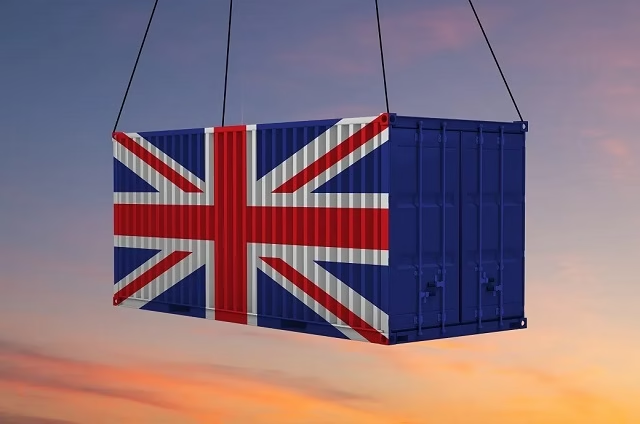UK goods exports to the United States fell 13 percent in the second quarter of 2025 from a year earlier, weighed down by record-high tariffs and the removal of Washington’s $800 de minimis threshold that had allowed small shipments to bypass duties.
The change, introduced on Aug. 29, forced postal carriers including Royal Mail to pause deliveries to the US while they adjusted to new customs rules. Exporters now face around £30 in paperwork fees per parcel, prompting the British Chambers of Commerce (BCC) to warn of a “Brexit-style shock” for small and medium-sized firms.
At the BCC Global Annual Conference, business leaders sought to highlight resilience. Speakers including NatWest Commercial and Institutional chief executive Robert Begbie, Labour MP Gregor Poynton, and BCC trade policy head William Bain said companies are responding through agility and diversification. The session was chaired by Chris Heyes of the UK-India Business Council, with contributions from Aston University economist Jun Du.
While the European Union remains the UK’s largest goods market, trade with the Indo-Pacific is expanding. A UK-India trade agreement expected next year will cut more than 90 percent of Indian import tariffs, adding an estimated £4.8 billion to the UK economy. Membership of the CPTPP is also set to expand exports, while trade missions underline the continuing role of China.
The BCC urged exporters to diversify markets, seize new trade deals and leverage the UK’s growing strength in services to offset disruption from US barriers.






